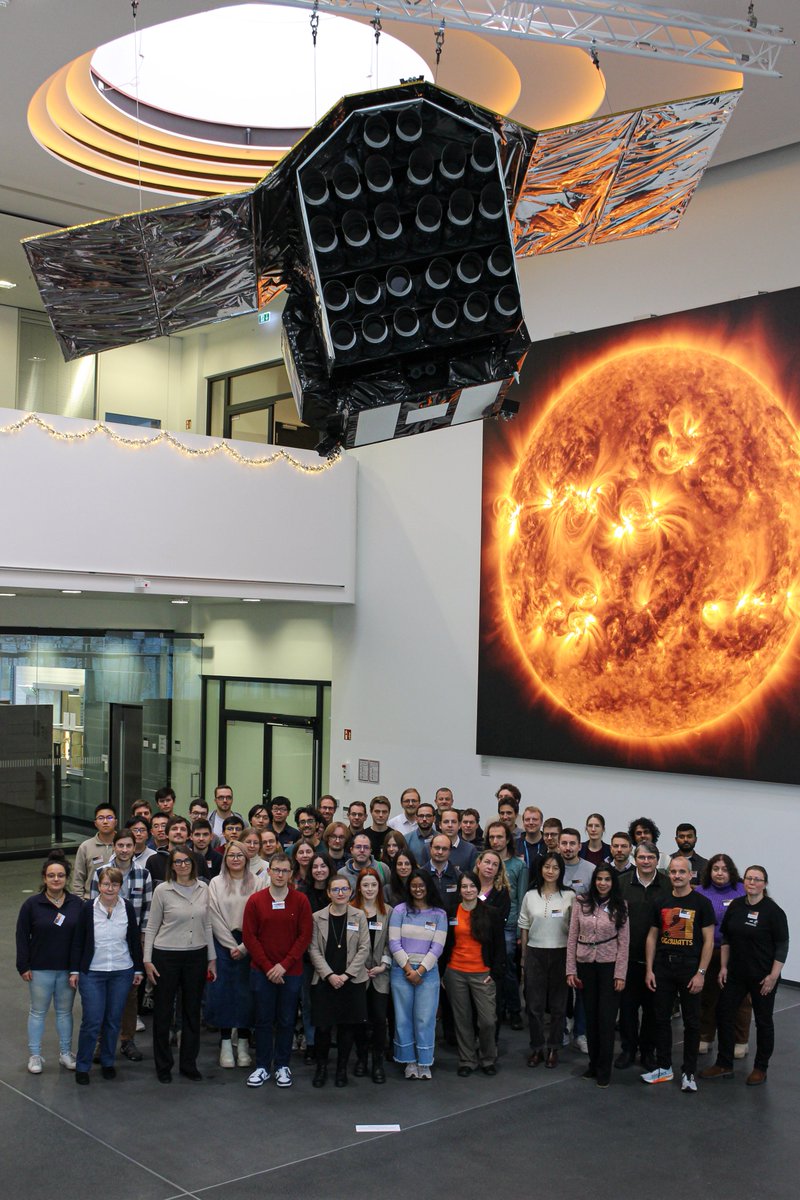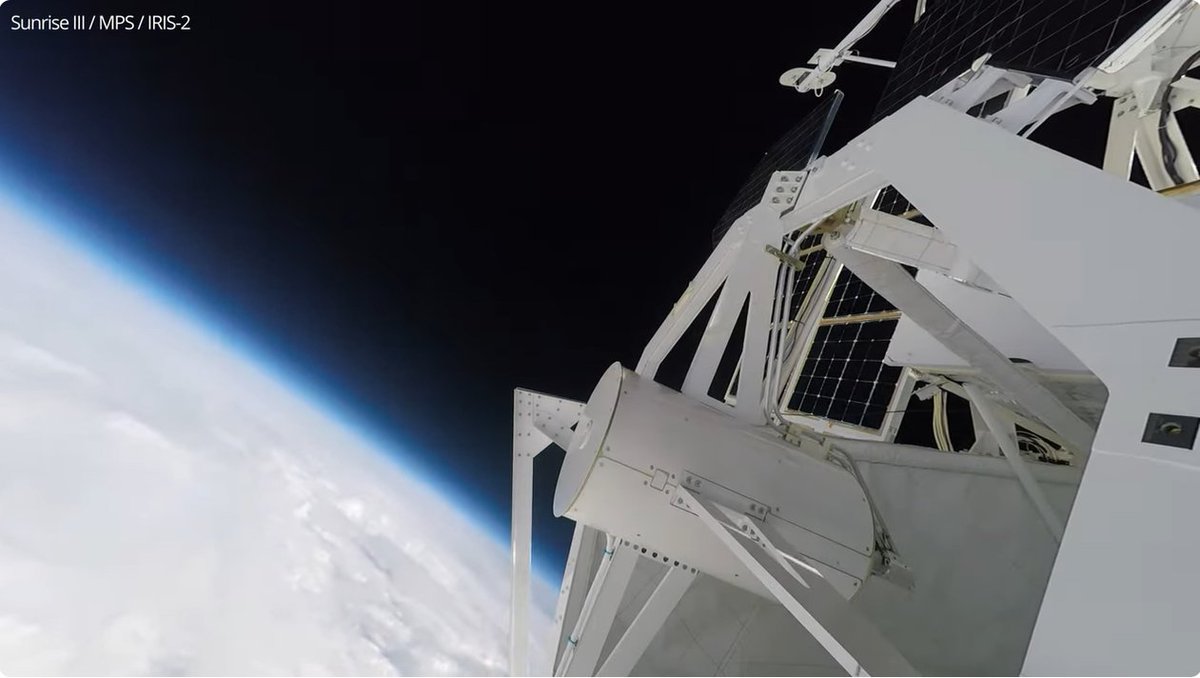
Max Planck Institute for Solar System Research
@mpsgoettingen
Max Planck Institute for Solar System Research: Cutting edge scientific research on our Sun, the planets and their moons, asteroids and comets. Tweets in en/de.
ID: 1088070019337072640
https://www.mps.mpg.de/imprint 23-01-2019 13:44:42
1,1K Tweet
1,1K Followers
654 Following

#PhDCongratulations! 🥳Fridolin Spitzer of the #IMPRS “Solar System School” successfully defended his PhD thesis “The onset of planet formation inferred from isotope anomalies in meteorites” today! Uni Göttingen Göttingen Campus
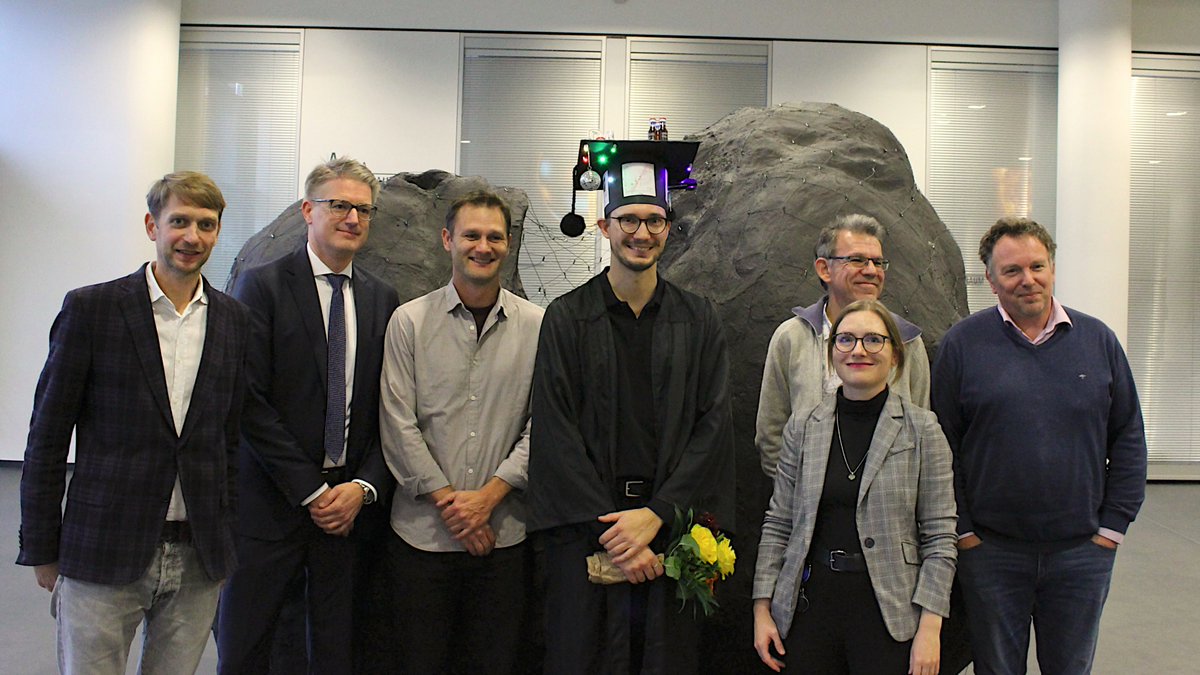

Two insights into solar research at Max Planck Institute for Solar System Research on German TV today! At 6.30 PM, the science show #3sat NANO will report on the Sunrise Solar Observatory mission: 3sat.de/wissen/nano A bit later at 6.45 PM, MPS-Director Sami Solanki will be live on the show DAS! ndr.de/fernsehen/send…

During its #Uranus flyby in 1986, ARCHIVED - NASA Voyager 2 encountered a haywire #magnetosphere due to unusual solar wind conditions. Read more about the new analysis of the 38 year old data here: mps.mpg.de/uranus-a-haywi…

Tonight, #MPSGoettingen Director Sami Solanki reports on Sunrise Solar Observatory’s adventurous flight across the Atlantic. At 7.30 PM in Uni Göttingen's ZHG. In German. The talk is part of the series “Faszinierendes Weltall” of the Förderkreis Planetarium Göttingen. planetarium-goettingen.de/vortragsreihe/…
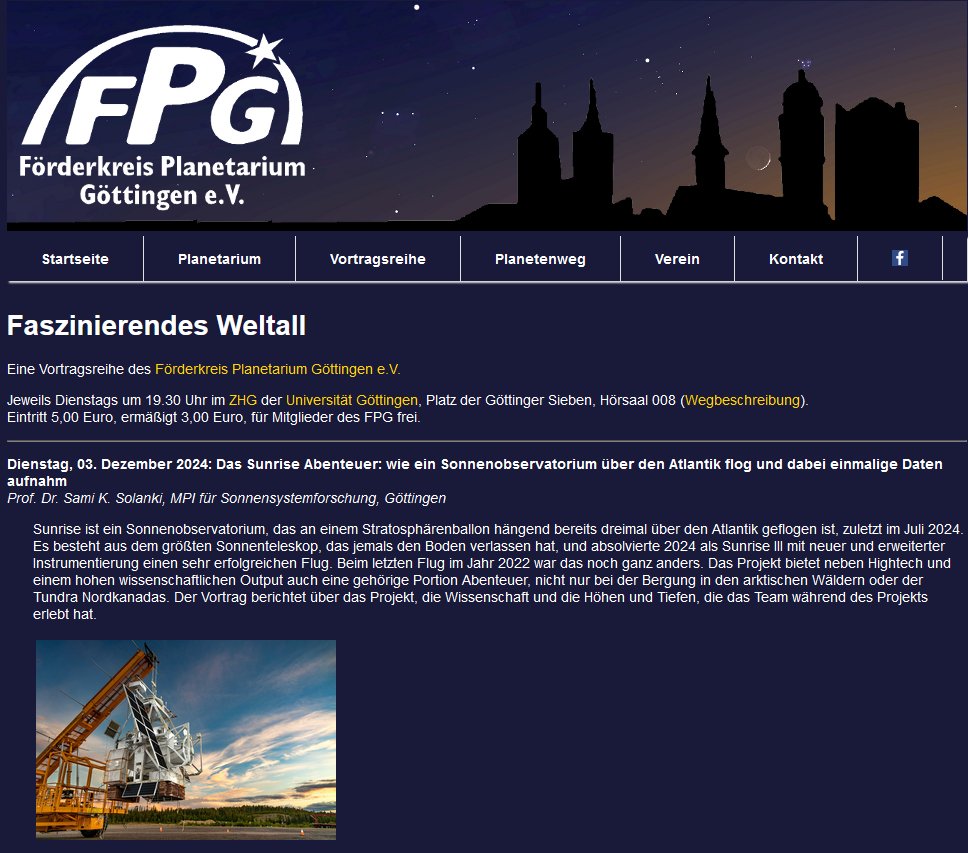

Let the sun shine in!🌞 Die neue Ausstellung #Sonnenansichten gibt Einblicke in die Sonnenforschung. Im Fokus: Ein Film über die Sunrise III-Mission, die die Sonne aus der Stratosphäre erforschte. In Zusammenarbeit mit dem Max Planck Institute for Solar System Research! 📅 4.12.24 – 15.2.25 | #ForumWissen




What a blast! #Sun-like stars produce a #superflare on average about once every century per star, a research team led by #MPSGoettingen shows in today’s issue of @sciencemagazine. More here: mps.mpg.de/superflares-on… Uni Graz/University of Graz University of Oulu NAOJ CU Boulder 🦬 UNI Université de Paris Cité


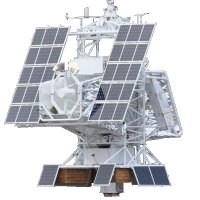
Today, #Sunrise_III shares its 1st images of the #Sun! Read more here: mps.mpg.de/first-solar-im… IAA-CSIC NAOJ #KIS Johns Hopkins APL Max Planck Society CSIC Max Planck Institute for Solar System Research Universitat València Universidad Politécnica de Madrid IAC Astrofísica
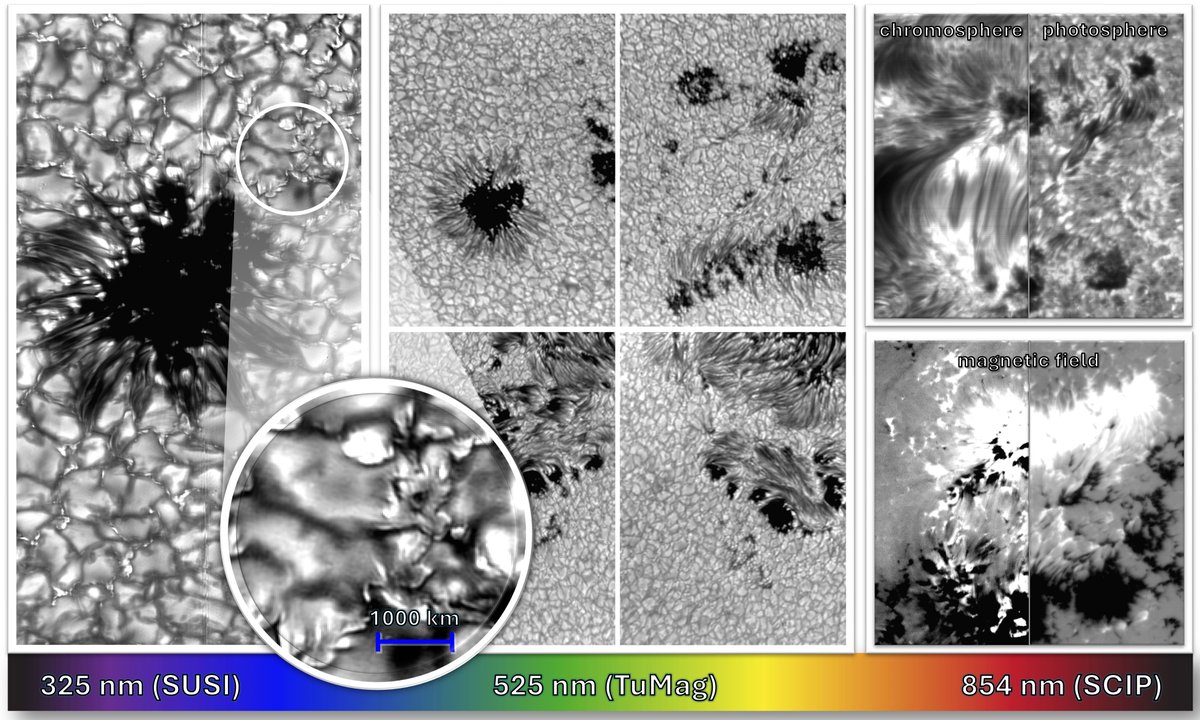


2024 was tense and successful with the SWI cruise phase operations PCW01, PCW02 and LEGA! Looking forward to 2025 operations! ESA's Juice mission Centre spatial guyanais Arianespace Airbus Space Max Planck Institute for Solar System Research #happyholidays #ESAJuice

Millions of years after formation, the Moon’s immense volcanic activity reheated its crust. As scientists from UC Santa Cruz, #MPSGoettingen and Collège de France argue today in nature, the Moon is at least 4.43 billion years old, but its crust is younger. More: mps.mpg.de/old-moon-with-…
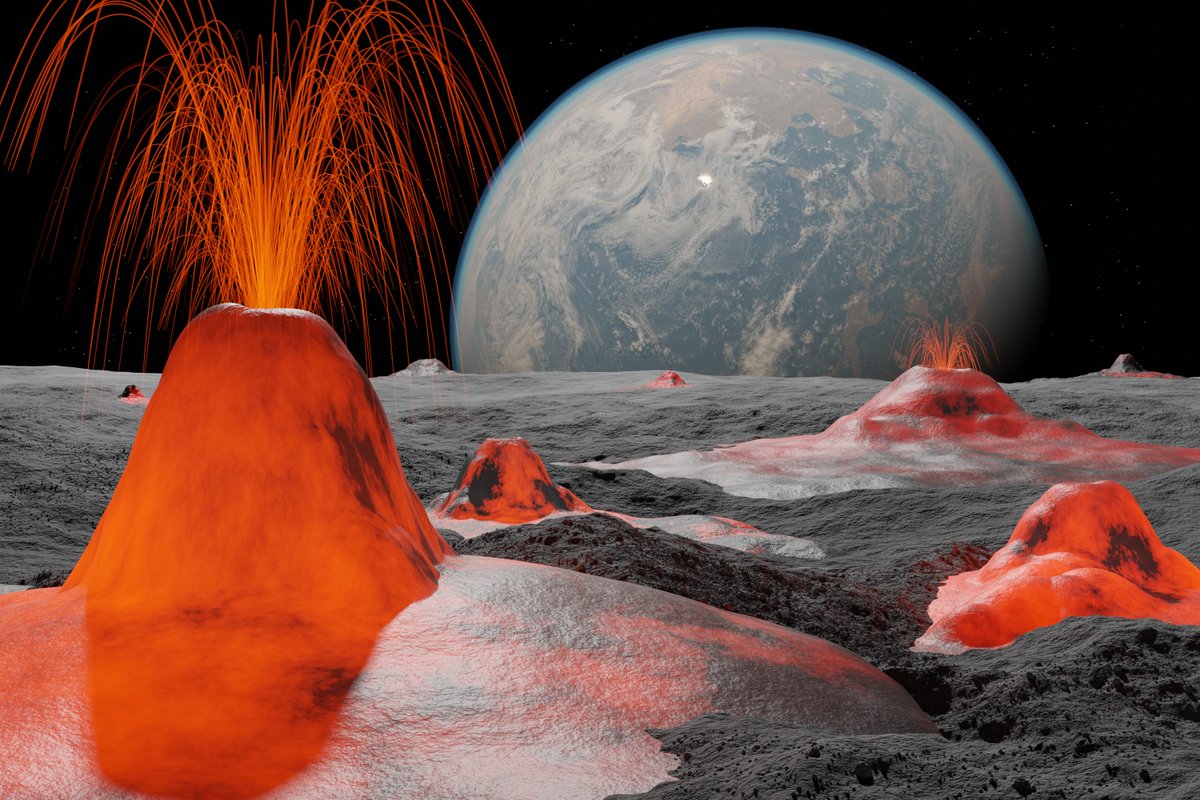



This year’s public lecture series at #MPSGoettingen will be devoted to #Earth and its cosmic next of kin: the inner #planets #Mercury, #Venus and #Mars. Find more info here: mps.mpg.de/die-erde-und-i… All lectures in German. See you there! #innerplanets Göttingen Campus



Der #Mond ist der #Erde ähnlicher als gedacht: Ein Forschungsteam der Uni Göttingen und des Max Planck Institute for Solar System Research hat neue Erkenntnisse zur Entstehung des Mondes sowie des Wassers auf der Erde gewonnen. nachrichten.idw-online.de/2025/01/15/der…


Excited to share our discovery! 🔭We observed extremely powerful winds pummeling the equator of the exoplanet WASP-127b. I’m proud to be part of the VLT/CRIRES+ consortium! Max Planck Institute for Solar System Research SPP 1992 - Exploring the diversity of Exoplanets
